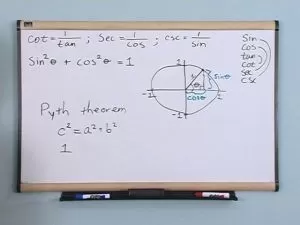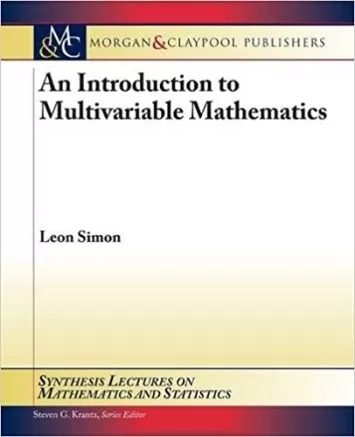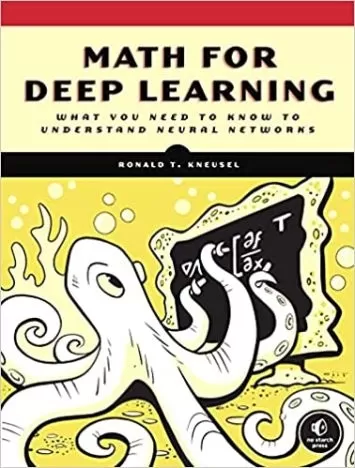About CalculusLearn More
Calculus is the advanced mathematical study of objects in motion. Its formulas are essential in astronomy, engineering, architecture, and many other professions. Without it, humanity would have never set foot on the moon, and numerous inventions that we rely on would not exist. Udemy offers several calculus courses, from beginner basics to applied calculus for engineering and many other applications for this advanced mathematical discipline.
Sort by:
Sorting
The newest
Most visited
Course time
Subtitle
Filtering
Courses
Subtitle

The Great Courses


Bruce H. Edwards
Understanding Multivariable Calculus: Problems, Solutions, and Tips 18:24:48
English subtitles
08/18/2023
Subtitle
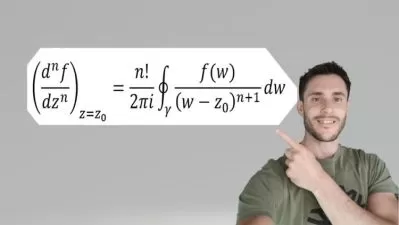
Udemy


Emanuele Pesaresi
Mastering Complex Calculus: From Derivatives to Residues 9:53:37
English subtitles
07/23/2023
Subtitle

The Great Courses


Bruce H. Edwards
Understanding Calculus: Problems, Solutions, and Tips 18:32:06
English subtitles
06/02/2023
Subtitle

The Great Courses


Bruce H. Edwards
Understanding Multivariable Calculus: Problems, Solutions, and Tips 18:23:26
English subtitles
06/02/2023
Subtitle

The Great Courses


Michael Starbird
Change and Motion: Calculus Made Clear, 2nd Edition 12:27:56
English subtitles
05/31/2023
Subtitle

The Great Courses


Michael Starbird
Change and Motion: Calculus Made Clear, 2nd Edition 12:28:20
English subtitles
05/05/2023
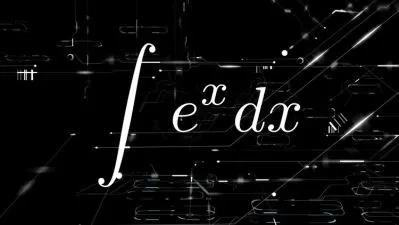
Udemy


Lazy Programmer Inc.
Math 0-1: Calculus for Data Science & Machine Learning 11:39:47
04/04/2023
Subtitle

Pluralsight


Janani Ravi
Applying Differential Equations and Inverse Models with R 2:23:37
English subtitles
03/13/2023
Subtitle

Pluralsight


Janani Ravi
Applying Differential Equations and Inverse Models with R 19:12
English subtitles
02/19/2023
Books
Frequently asked questions about Calculus
Calculus is the mathematical study of change. It lets you model how matter, particles, stars, and other parts of the universe move and change. You can use formulas to model real-world phenomena accurately. Using limits, derivatives, and integrals, calculus allows you to study continuous change at any level of resolution. Calculus is important for several reasons. It governs the laws of finance, biology, chemistry, aerospace, and many other fields and makes much of modern technology possible.
The most basic type of calculus is differential calculus. Differential calculus is concerned with dividing things into smaller parts and understanding how things change over time. Building upon this foundation is integral calculus. With integrals, you can combine an infinite number of small parts to understand the total effects of any number of changes. Furthermore, there are both single variable and multivariable calculus. These types of calculus are as they sound — dealing with a single variable to solve problems or dealing with multiple variables.
Before learning calculus, it is important to have a strong mathematical foundation in algebra, geometry, and trigonometry. All of these types of mathematics are important in calculus, as you will be using algebra in every single operation, studying the building blocks of geometric shapes like circles, and using trigonometric functions like sine, cosine, and tangent. In addition, calculus is cumulative, meaning each new topic builds upon the topics before it. By having a firm grasp of algebra, geometry, and trigonometry, you’ll have an easier time applying them to new concepts.
Calculus is important to several different careers outside of mathematics. For example, finance and economics are calculus-dependent, as much of modern finance relies on it for its core principles. Calculus is also fundamental for any hard sciences such as physics, chemistry, astronomy, and biology. And software engineers greatly benefit from understanding calculus. Other types of engineering also require a firm grasp of calculus, whether mechanical, electrical, or other. There are many other fields where calculus is important, including medicine, teaching, and more.
Calculus is at the core of nearly every branch of science: computer science, physics, engineering, business, medicine, statistics, economics, and more. It allows you to find optimal solutions in complex or changing systems. In physics, calculus forms the basis for everything from electromagnetism to classical mechanics. In finance, the concepts of stochastic calculus and Brownian motion help you to understand fluctuating asset prices. In medicine, calculus is used to compute the ideal angle for a branching blood vessel, allowing doctors to maximize flow. Calculus is also at the core of many software programs performing backend calculations for a wide range of applications. Astronauts and aerospace engineers, for example, use calculus to model the flight trajectories and aerodynamics of air and space vessels.





